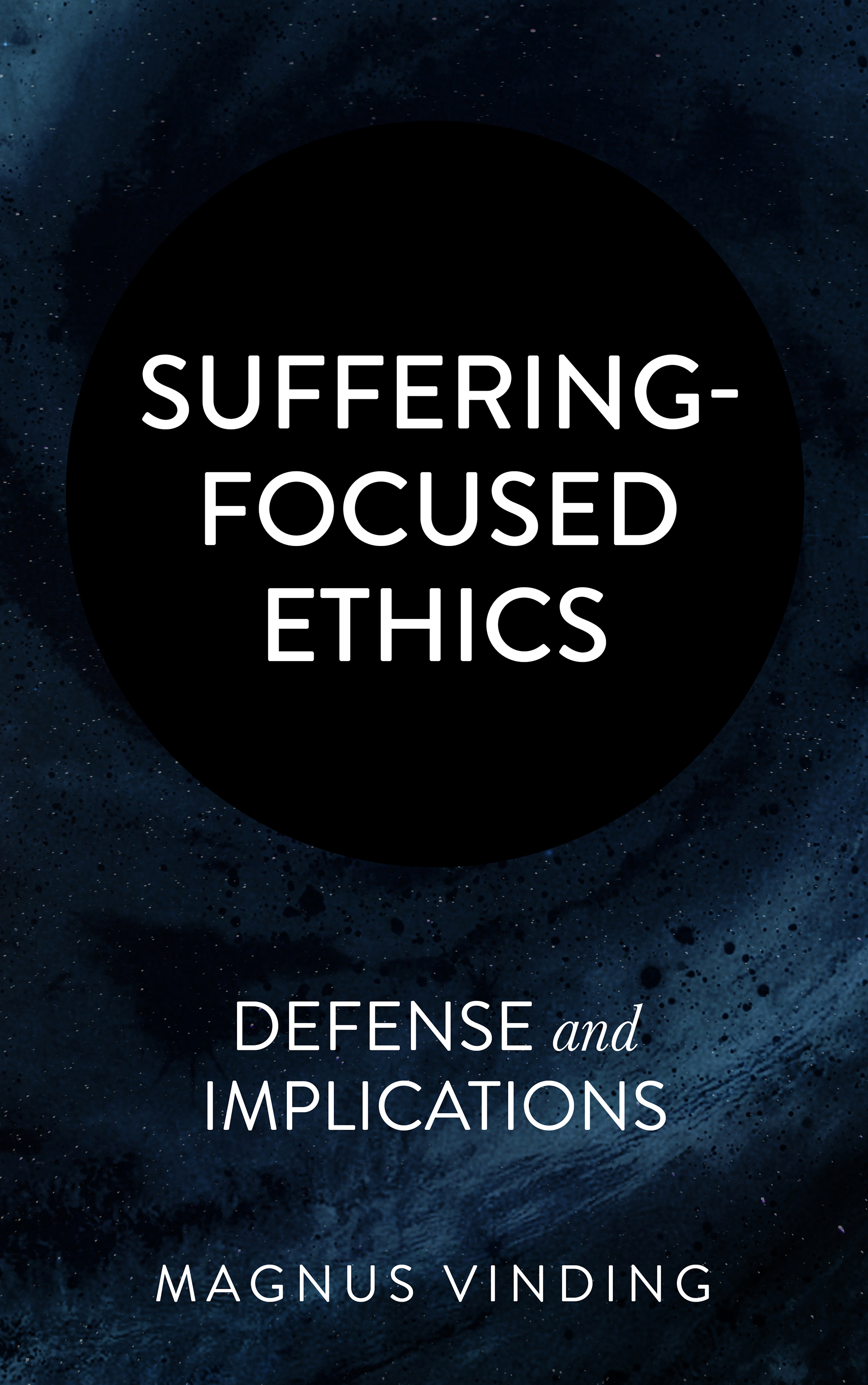What do you think?
Rate this book


308 pages, Paperback
First published May 29, 2020
"And while it is true that this principle has the implication that it would have been better if the world had never existed, I think the fault here is to be found in the world, not the principle."